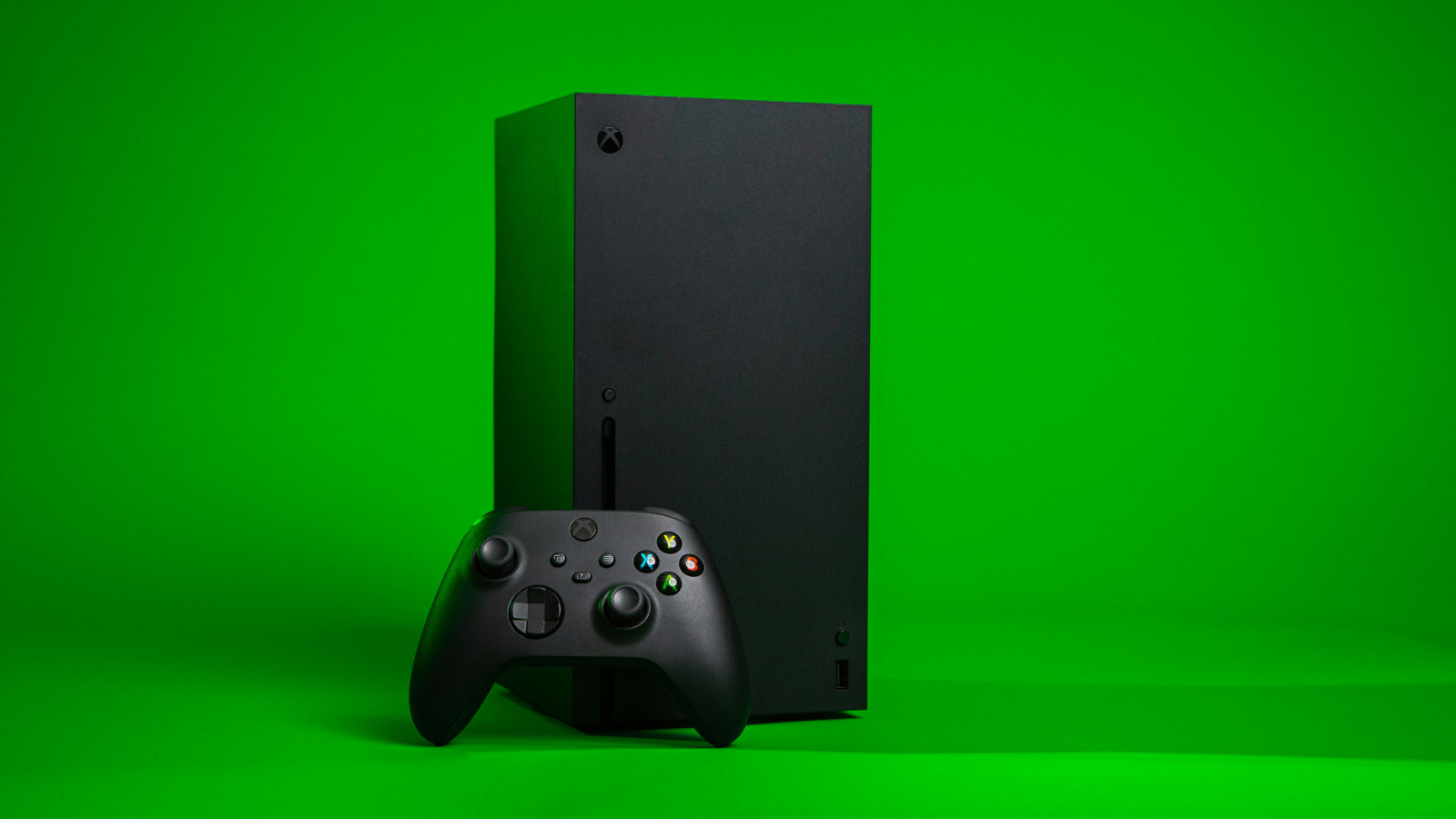The end of the Console Wars? What Xbox’s shift means for the future of gaming

Photo: Billy Freeman

With the remake of Halo: Combat Evolved, once the definitive Xbox exclusive, coming to PlayStation 5 in 2026, many are proclaiming that the ‘console wars’ may finally be over. For decades, these ‘console wars’ – a colloquialism for competition among major gaming platforms – were defined as much by exclusive titles as by the hardware specs. Console allegiance also extended beyond the games and, for many players, choosing a console was more than just a commercial decision; it was a statement of identity.
So, with Halo’s cross-platform future, major figures like GameStop and The White House on X (formerly Twitter) joined the conversation. Their reaction, along with many gamers, suggested a new era of consumer empowerment, announcing “Power to the Players” (via Polygon). But is that really the case?
This week’s blog explores why Microsoft is breaking from tradition, what it signals about the future of the video games industry, and whether players will really benefit from this change.
Losing the console battle, defining the ecosystem war
The reasons behind Microsoft’s strategic changes are complex, but one key factor is clear: Xbox consoles have long lagged Nintendo and PlayStation in sales. Particularly, the most recent generation of consoles – comprised of the PlayStation 5, Nintendo Switch, and Xbox Series X|S – saw a stark gap in the sales between the three major consoles. As of May 2025, the latest Xbox consoles have undersold the PS5 by over 43 million units and the Switch by 58 million (via VGChartz).
However, even if poor console performance is the underlying motivator, this may ultimately end in Microsoft’s favour by forcing them to shift strategies. Their change in tactics may result in them being the first to adapt to the future conflict in the games industry. One where success will be based on the strength and accessibility of entire multimedia ecosystems rather than on specific hardware and they are uniquely positioned to capitalise on this change.
Unlike its competitors, Microsoft has vast infrastructure beyond gaming, from cloud computing to operating systems. These strengths make it uniquely positioned to profit from a decentralised gaming ecosystem, where success is measured not by console sales but by service subscriptions and ecosystem engagement.
Microsoft’s Game Pass model, available across PC and now expanding to other devices, fits perfectly into this new vision. The company’s push into portable devices with the Xbox ROG Ally X also exemplifies this strategy. Rather than tethering players to one platform, Microsoft aims to make Game Pass the centre of the experience – available anywhere, on any compatible device.
Featured Report
Defining entertainment superfans Characteristics, categories, and commercial impact
Superfans represent a highly valuable yet consistently underleveraged audience segment for the entertainment industry. What drives this disconnect is the fact that – despite frequent anecdotal use of the term – a standardised, empirical definition remains absent, preventing companies from systematically identifying, nurturing, and monetising th...
Find out more…In this sense, Nintendo may be the least prepared for the next era of gaming as their IPs are heavily guarded and tethered to their platforms. Whereas Sony has also taken steps and made many of their PlayStation exclusive games available on PC after a short period of time.
This strategic shift also stems from recognising that, in the new attention economy, its biggest competitors are no longer just Sony or Nintendo platforms. Competition now comes from all directions as video game companies, VOD streaming platforms, and social media companies all compete for consumer money, attention, and time.
In this context, the battle is no longer over who sells the most consoles, but who can capture and sustain user engagement across devices and entertainment formats. The increasing number of trans- and cross-media being produced by gaming companies is also evidence of the importance of diversification in the battle for limited consumer resources.
Consumer loyalty rebooted for the new era
As mentioned in our previous blog on why gamers are buying less but playing more, the modern (and future) gamer’s loyalty is more tied to games and franchises, as opposed to the plastic box they play them on. In this sense, the end of exclusivity represents a boon to gamers who can benefit from increased flexibility and access to their favourite worlds.
Still, there remains a passionate subset of console loyalists for whom these brand rivalries are a core part of their gaming identity. For these gamers, the shift may be especially jarring and invalidating. This became apparent recently when Sony ported Helldivers 2 to PC and faced a minor backlash from fans angry at the loss of exclusivity. Navigating this part of their fanbase, which companies did ultimately help cultivate, will be important for the success of these projects.
Additionally, as exclusivity fades, the industry may undergo further consolidation. Games no longer being tied to specific hardware means that intellectual properties (IPs) themselves become more valuable therefore turning major franchises and studios into prime acquisition targets.
Consumers also worry that the prominence of lower cost hardware like mobile and cheap PCs acting as entry points will cost certain hardware and software to rise. Consoles could evolve into premium devices for high-end players, with corresponding price increases. The cost of games and subscription services is also likely to continue climbing as companies seek new ways to increase profits in a post-exclusivity world.
We’re already seeing early signs of this, from rising Switch 2 game prices to the expanding costs of premium subscription tiers across Xbox and PlayStation. Meanwhile, the rising price of Game Pass subscriptions suggests Microsoft is preparing for this broader, cross-platform future.
The future of gaming isn’t about consoles, it’s about control
The end of console exclusivity is just the beginning of a new wave of competition that will play out across different platforms. Microsoft’s strategy represents a larger transformation in how the industry defines success: less about units sold, more about engagement, retention, and ecosystem dominance.
For players, the coming years will test whether this new development truly delivers more choice or whether it ushers in a different kind of control.

The discussion around this post has not yet got started, be the first to add an opinion.